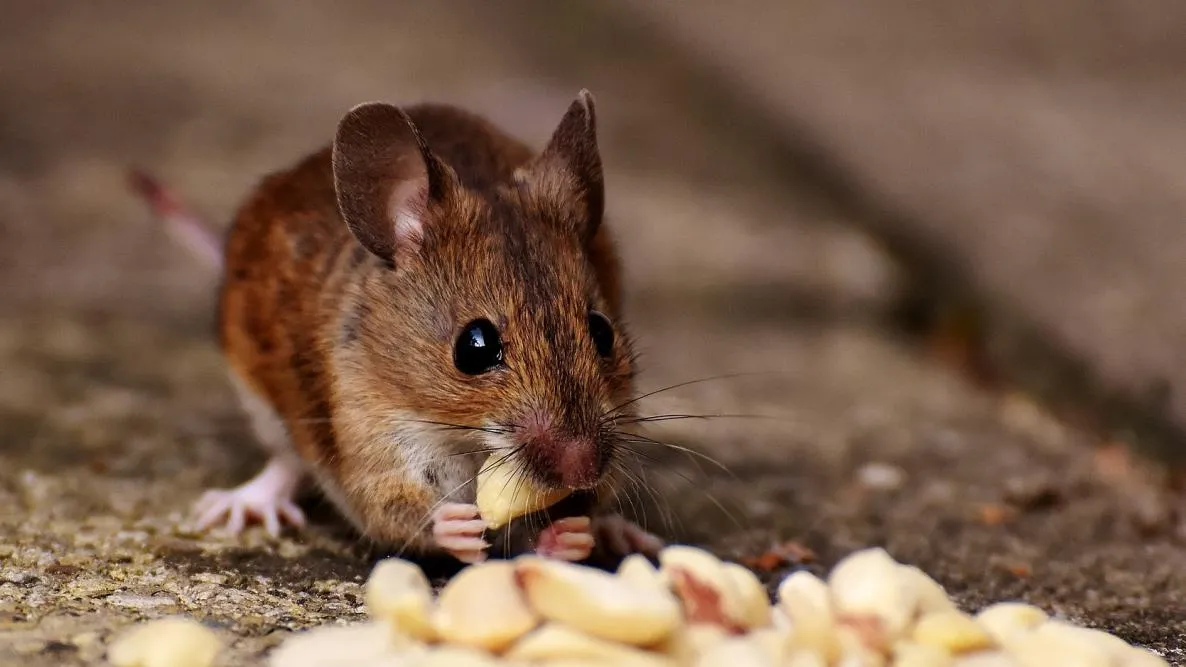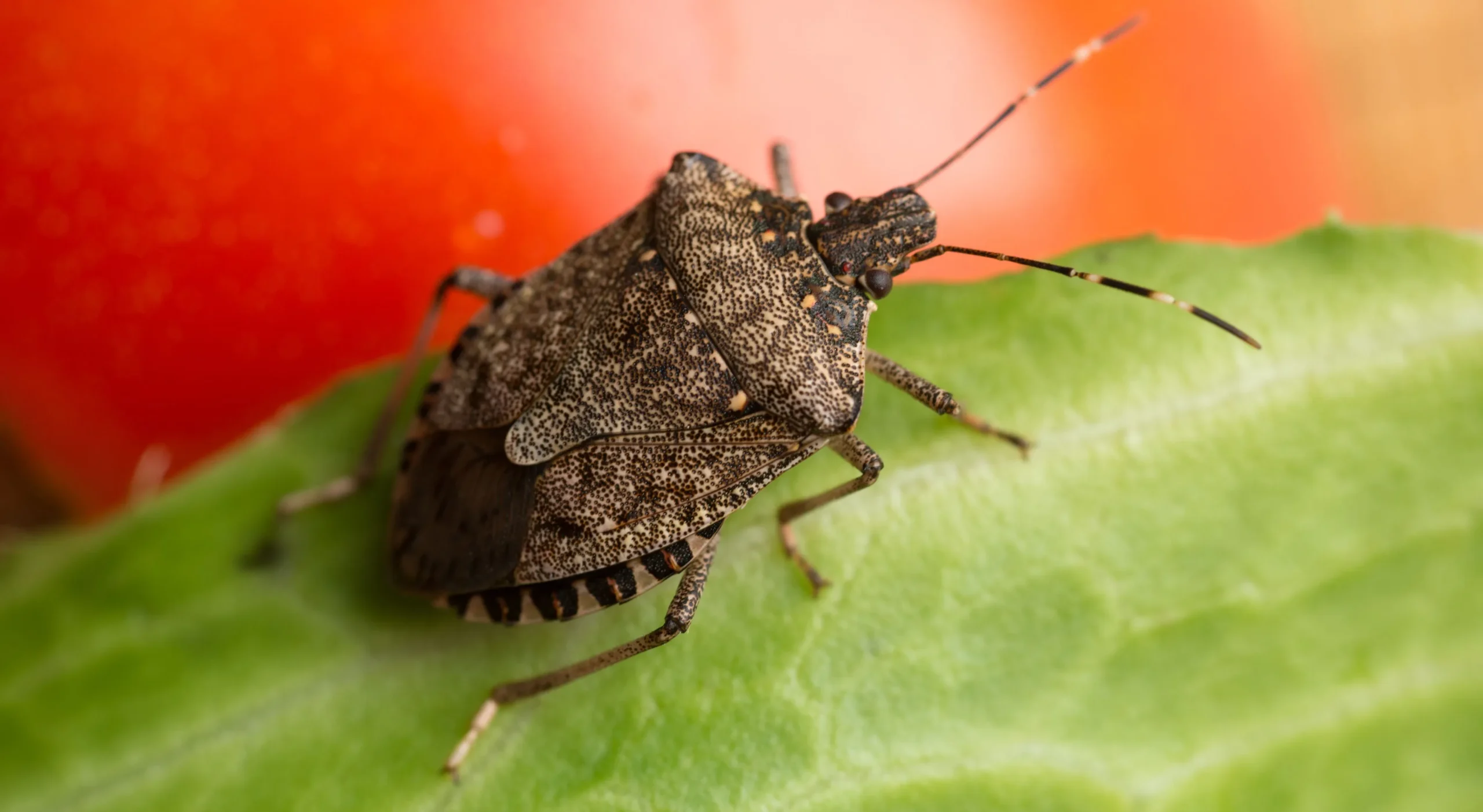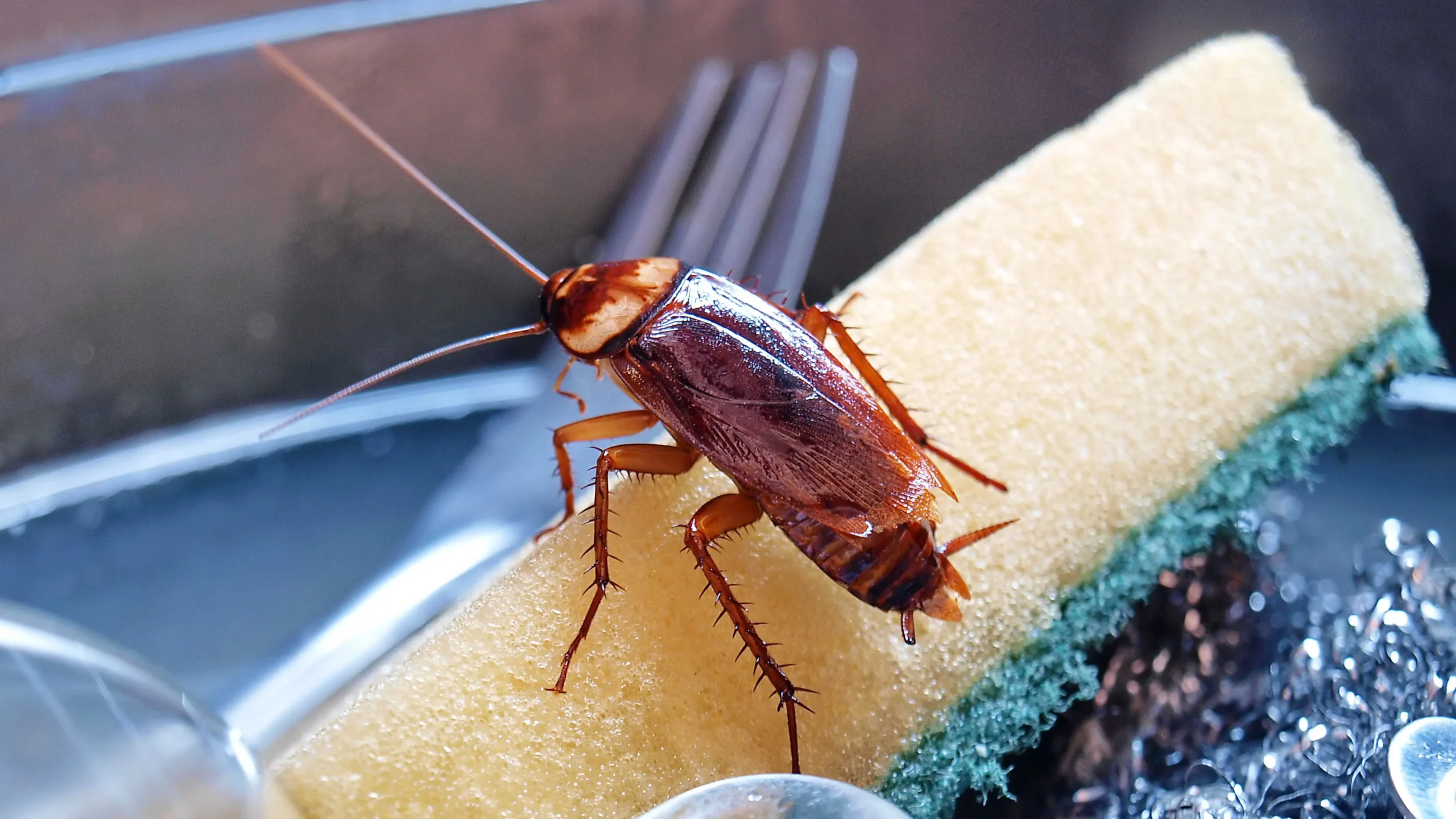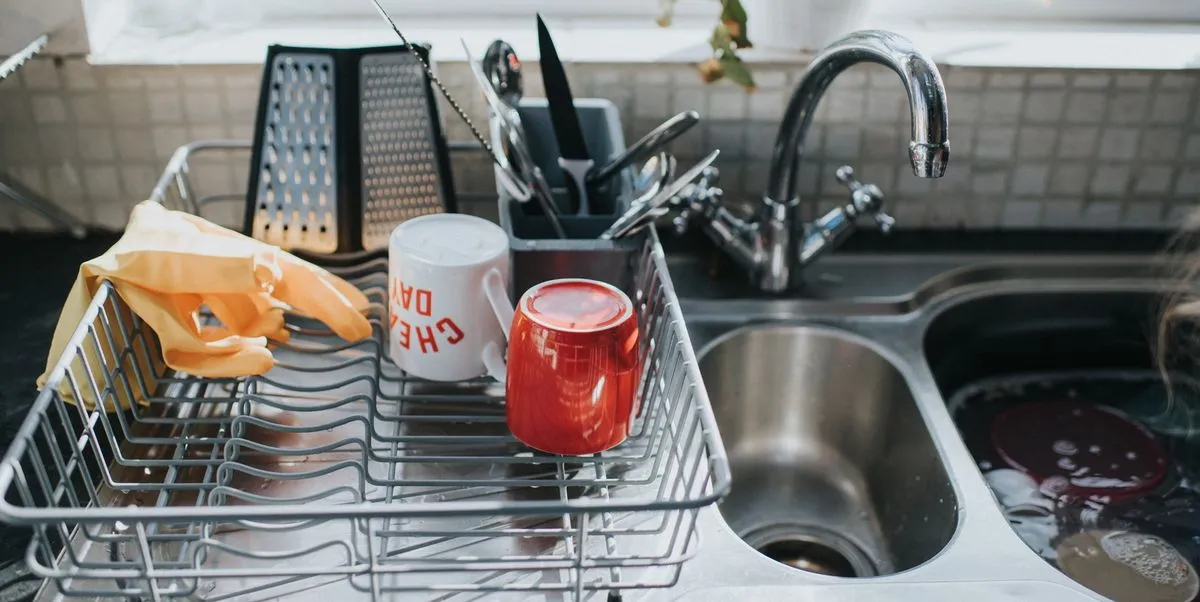Are you having issues with How to Get Rid of Mice in your house? Mice in your apartment can be so disturbing, making your house so uncomfortable for you.
So if you are battling with how to get rid of this creature then you are in the right place for your solution. There are so many ways of getting rid of mice and or other creeping creatures in the house.
But the basic ways of getting rid of these things may include closing all assumed entry points, taking away food sources that may attract them, and using traps or other pest control methods that you know.
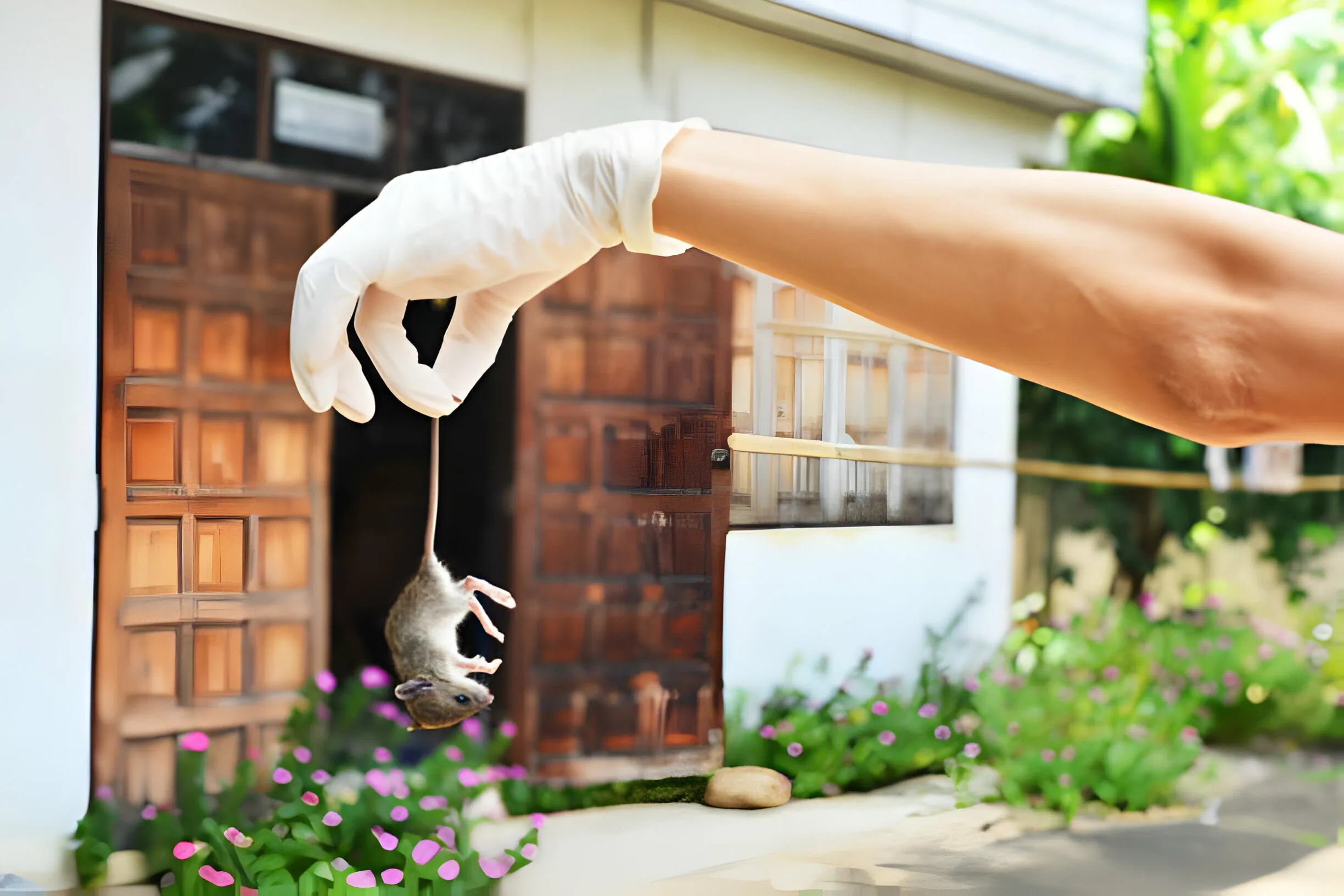
Trying to prevent mice from entering your house in the first place is always more effective than dealing with an infestation of these animals.
So, It is necessary to act quickly to prevent a minor mouse infestation from becoming a full-fledged invasion of mice.
Still to come, you will get the best methods for permanently getting rid of mice at home.
Effective Ways on How to Get Rid of Mice
There is a certainty that good sanitation or hygiene would not get rid of mice, but on the other hand, poor sanitation will allure them.
Meanwhile, below are seven easy ways you can apply to get rid of mice:
1. Identify Entry Points
Mice are excellent at finding their way into homes through tiny openings. Start by observing your home for entry points.
This entry point can be gaps around doors and windows, holes in walls, or openings in the foundation. Ensure that you seal these entry points with steel wool or caulk to prevent mice.
2. Maintain Cleanliness
Mice are attracted to food sources, so keeping your home clean is essential in deterring them. Store your food in airtight containers.
Always clean up crumbs promptly, and avoid leaving pet food out overnight. Regularly empty trash bins and keep the kitchen and dining areas free of food residue.
3. Use Mouse Traps
Traditional snap traps or more humane catch-and-release traps can effectively reduce the mouse population.
Place traps along walls, near entry points, and where you’ve noticed mouse activity. Check and reset traps regularly, and dispose of captured mice promptly.
4. Consider Electronic Repellents
Electronic mouse repellents emit ultrasonic sound waves that are unpleasant for mice but generally inaudible to humans.
These devices are non-toxic and can be placed strategically where mice are likely to be active.
While their effectiveness is debated, some homeowners report success with these repellents.
5. Employ Natural Deterrents
Certain scents are known to repel mice. Peppermint oil, for example, has a strong aroma that mice find unpleasant.
You can also soak cotton balls in peppermint oil and place them in areas where mice are frequently available.
Cloves and bay leaves are known to deter mice due to their strong scents, so you can use them additionally.
6. The Use of Rodenticides
Do you know that rodenticides can effectively control mouse populations, but they should be used cautiously, especially in homes with pets or small children?
Follow the instructions carefully and place bait stations where mice are active. Be aware that rodenticides may result in finding deceased mice in hidden locations.
7. Professional Extermination
If the infestation persists despite your efforts, it may be time to consult a professional pest control service.
Pest control experts have the knowledge and tools to assess the extent of the infestation and implement effective measures to eliminate mice from your home permanently.
How to Know if You Have a Mouse Infestation?
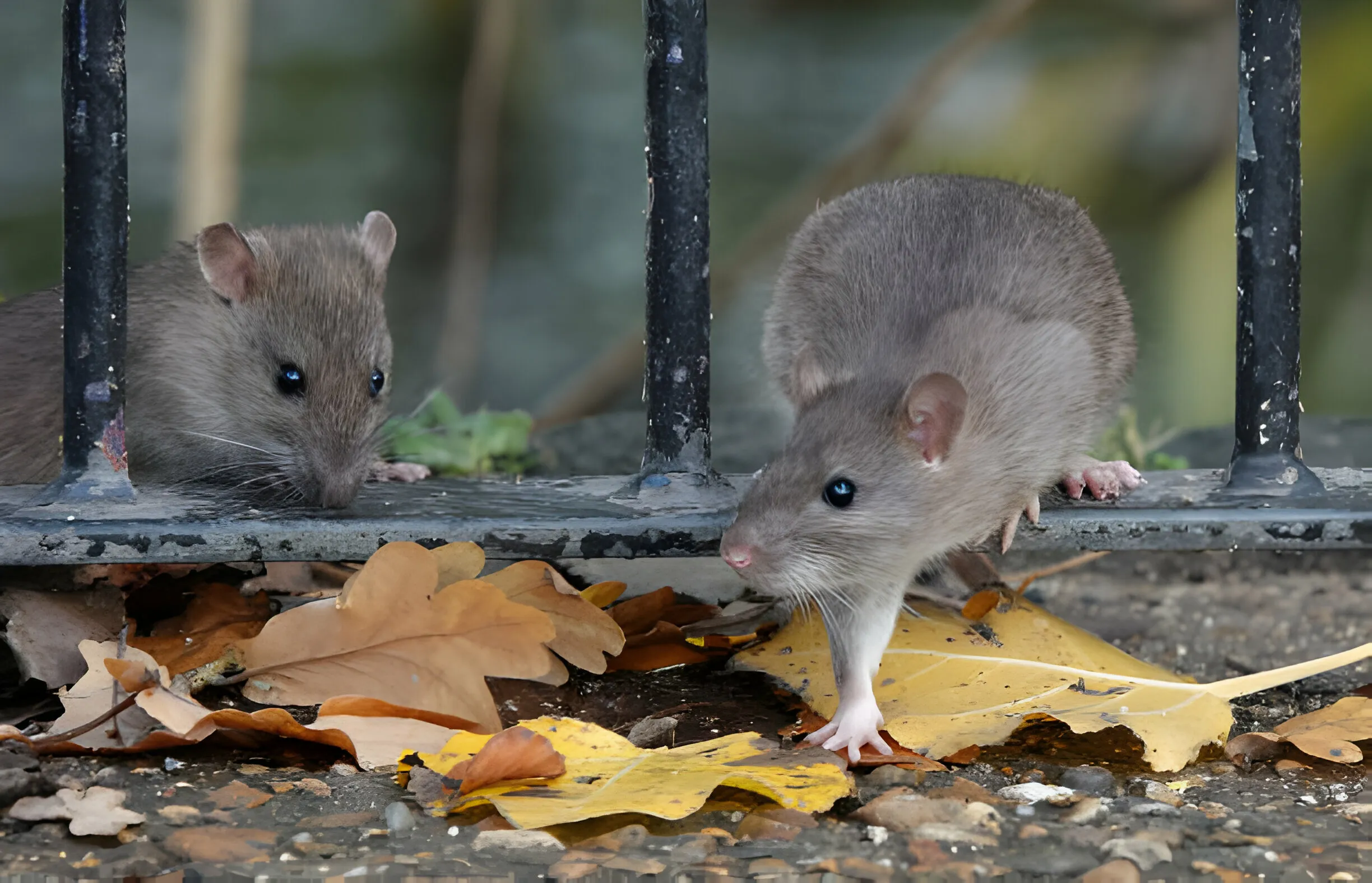
Where there is one mouse, there are generally several lurking nearby. Mice are naturally nocturnal and very wary; they often wait until there is no noise in the household before they start to forage.
Peak activity is normally between 2 and 4 a.m., although if the region is crowded with food and no predators nearby, they can relax and graze at any time.
But, in general, seeing a mouse in daylight indicates a very high mouse population that is too big and hungry to wait until dark to feed.
There are a few things that show you may have a mouse infestation in your house which include;
1. Mouse droppings that look like little black or dark brown rice grains, may be found in your home.
2. A nest built by mice in your home out of paper, insulation, or other similarly soft things.
3. Look for any baseboards or ducts that have been eaten, scratched, or gnawed.
4. Look for mouse scurrying or squeaking sounds.
5. You may see a mouse or several mice in or near your home.
If you suspect you have mice in your home, you must act quickly to prevent a greater infestation.
How to Prevent Mice from Entering Your House
An ounce of prevention is worth a pound of cure, as the adage goes. This is particularly true in terms of decreasing the likelihood that a mouse infestation will occur in the first place.
Here are some pointers to remember to ward off mice:
1. Look inside and outside your house for any openings that mice might use to enter. Remember that these little creatures can fit through openings as tiny as 25 inches.
2. Make use of anything that could be harder for mice to gnaw through like wire mesh, steel wool, or quick-drying cement to plug any holes.
3. Every day, wipe down counters to get rid of crumbs and residue that could feed mice, and also frequently vacuum and sweep to get rid of any crumbs.
4. Try to store food and pet food in airtight glass containers to avoid mice coming for the food.
6. When discarding your trash both inside and outside, keep trash bags inside trash cans.
7. Maintain a tidy yard, making sure to get rid of any fruit that has fallen or unpicked veggies from the garden, as these things can attract mice.
8. Shrubs, flowers, and tree limbs should be trimmed back to a minimum of 18 inches from your house.
How do Professionals Get Rid of Mice in the House
Are you still struggling to get rid of those annoying mice? Hiring a pest control expert is your greatest option for helping to get rid of them.
Experts will perform a preliminary assessment of your house to determine the extent of the infestation and identify any potential entry points for mice.
Your rodent control expert will next suggest a course of action based on integrated pest management techniques that have been tried and tested in the field.
Then, you the house owner, and your pest control expert will look for a workable and affordable mouse control strategy based on the specifics of your house, the infestation, and other factors.
As well as sealing off any entry points found that may keep mice from coming back to your home.
In order to make sure that mice are not hiding anyway in the house and to lessen the possibility of their return, the team can also arrange follow-up visits for confirmation.
A combination of examined methods and preventive measures is what is needed to get rid of mice in your house.
You may successfully get rid of mice and stop them from coming back by finding access spots, keeping your home clean, using traps and repellents, and getting expert assistance.
Putting a thorough plan into practice can not only deal with the existing infestation but also make your house resistant to mice.
